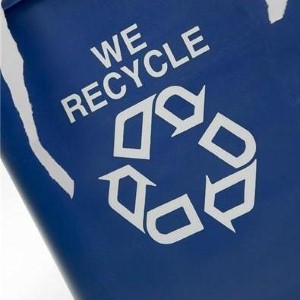Electrical recycling is on the rise
Electrical recycling is on the rise
Councils across the country are encouraging businesses and homeowners to take advantage of waste electrical and electronic equipment (WEEE) recycling services, as the Environmental Agency (EA) announces plans to expand the directive.
Graham Phillips of Highland Council has urged everyone with "a broken toaster, hairdryer, an old television set or a redundant computer" to make use of WEEE, which has been available in the area since the beginning of 2010 and collected nearly 2,260 tonnes of electrical waste last year.
Mr Phillips says WEEE recycling provides the best alternative to sending items to landfill sites, and expects the service to be kept busy over the holidays as residents replace old appliances with new Christmas gifts.
WEEE collection rates across the country currently stand at 35 per cent, and the EA has announced plans to introduce a new 'open scope' arrangement which will bring a greater number of appliances under its remit.
Under open scope, only products that feature on a specific exclusion list will not be covered by WEEE, whereas under the present list items have to feature on an inclusion to be covered.
Collection rates are consequently expected to rise to 45 per cent in 2016 and 65 per cent in 2019.
Furthermore, as homeowners throughout Britain upgrade their household appliances in an attempt to become more energy-efficient, recycling of obsolete objects is becoming increasingly important.
Mr Phillips has therefore stressed that all lighting equipment should be brought to the WEEE site as people make the switch to LED light bulbs.
Many of the collected appliances are converted for re-use rather than simply recycled, and a new computer reuse service has recently been established in the Highlands.
Verity Parker, recycling officer for Surrey Heath Council – which has recently been named as the top dry recycling council in Britain with a dry recycling rate of 39.2 per cent for the past year – has attributed much of the region's success to the adoption of WEEE, and implores other councils throughout the UK to follow suit.

